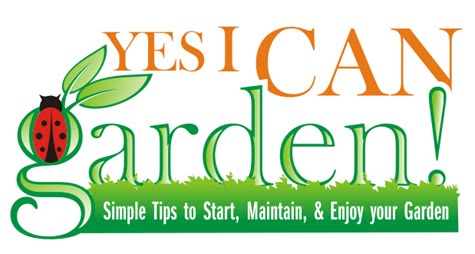
One major way to improve your home garden is to improve the level of nutrients in your soil. Plenty of nutrients can increase your soil’s fertility. An excellent way to do this is to utilize composts. Whether you are planting herbs, flowers, or vegetables, a compost can help your garden retain water and grow productively. However, for your garden to benefit from compost, you must fully understand how it is made and how it is used.
What is Compost?
A compost can be made up of a variety of different organic materials. Generally it consists of animal manure and/or decomposed organic matter. The manure and plant matter naturally break down into crumbly, nutrient rich soil. This compost can then be added to the soil of your garden. As a result of the mixture, your garden soil is revitalized. Compost increases the nutrients of your soil, and fertilizes your flowers, vegetables, or herbs.
Compost Helpers
Compost helpers come in the form of microorganisms. What are microorganisms? They are small organisms like bacteria, fungi, small algae, protozoa, and the famous earthworm. Since microorganisms are always reproducing, they are essential in making the soil more nutritious. Without these compost helpers, your garden will not produce to the best of its ability. In fact, if you are growing vegetables or any other crop, your food may not be as rich in flavor. Your yield will also not be nearly as impressive.
How Can You Make Your Own Compost?
There are various methods of composting. You can designate a bin for food scraps, plant materials, cut grass, coffee grounds, and other organic materials. Other methods are burying scraps of food and other compounds in an underground compost. You can even compost worms. A compost bin can easily be purchased at your local garden center.
Why Should I Make My Own Compost?
Composts will definitely benefit your home garden. It will make your soil rich, fertile, and nutritious for your crop. With active microorganisms in your soil, all of your plants will benefit from the nutrients released into the plant roots. Of course, composts do more than just improve your plants. They are a key element in decontaminating and regenerating unproductive soil. So help your garden and help the environment all at the same time!
What is Compost?
A compost can be made up of a variety of different organic materials. Generally it consists of animal manure and/or decomposed organic matter. The manure and plant matter naturally break down into crumbly, nutrient rich soil. This compost can then be added to the soil of your garden. As a result of the mixture, your garden soil is revitalized. Compost increases the nutrients of your soil, and fertilizes your flowers, vegetables, or herbs.
Compost Helpers
Compost helpers come in the form of microorganisms. What are microorganisms? They are small organisms like bacteria, fungi, small algae, protozoa, and the famous earthworm. Since microorganisms are always reproducing, they are essential in making the soil more nutritious. Without these compost helpers, your garden will not produce to the best of its ability. In fact, if you are growing vegetables or any other crop, your food may not be as rich in flavor. Your yield will also not be nearly as impressive.
How Can You Make Your Own Compost?
There are various methods of composting. You can designate a bin for food scraps, plant materials, cut grass, coffee grounds, and other organic materials. Other methods are burying scraps of food and other compounds in an underground compost. You can even compost worms. A compost bin can easily be purchased at your local garden center.
Why Should I Make My Own Compost?
Composts will definitely benefit your home garden. It will make your soil rich, fertile, and nutritious for your crop. With active microorganisms in your soil, all of your plants will benefit from the nutrients released into the plant roots. Of course, composts do more than just improve your plants. They are a key element in decontaminating and regenerating unproductive soil. So help your garden and help the environment all at the same time!

No comments:
Post a Comment